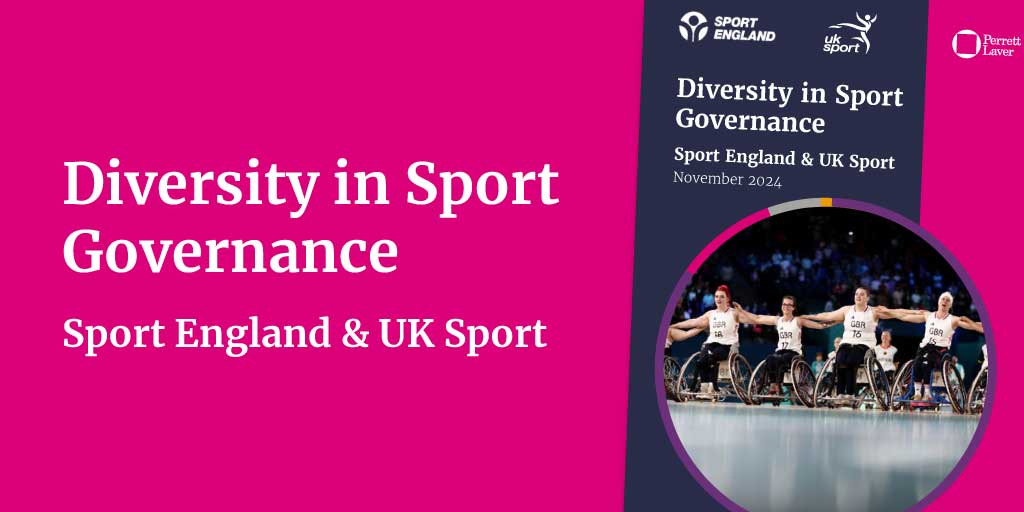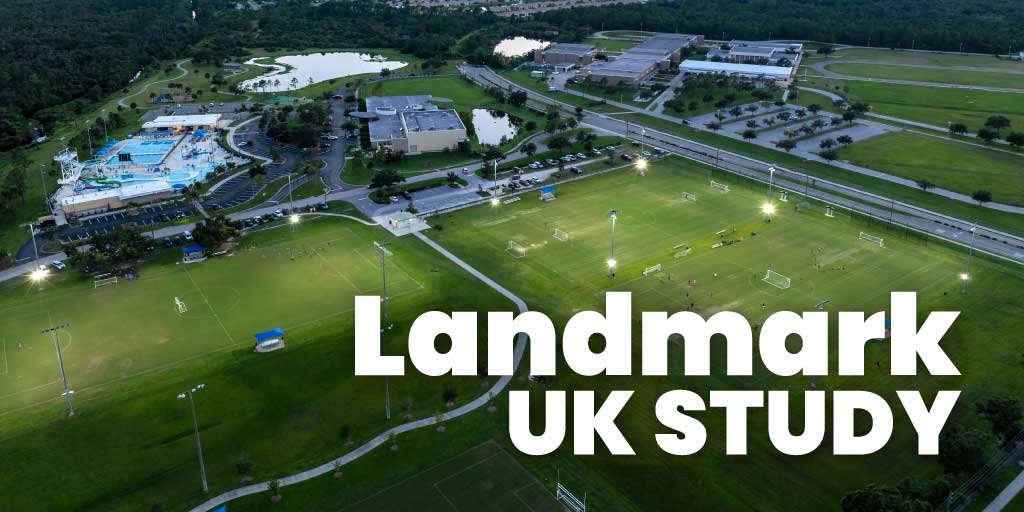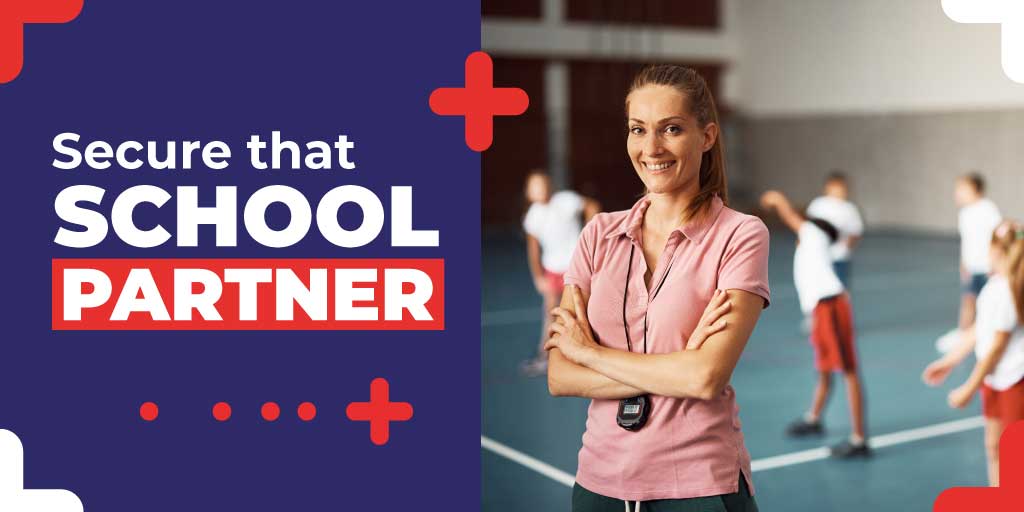Effective communication is a cornerstone of success in any sports team and is no less important in a sports coaching company. It is essential to optimizing team productivity in sports.
For coaches, fostering a culture of clear, open, and constructive communication can significantly enhance performance, build trust, and create a positive environment onsite. Here are seven strategies to improve team communication onsite and across your organization.
1. Establish clear communication channels
Active listening is a cornerstone of effective communication. Staff should focus on truly understanding their colleagues whilst making sure that they understand what is being asked of them. Invest in team collaboration tools for sports coaching to keep everyone up to date. Across your whole team, you need…
Predefined meetings and briefings: Regular team meetings and briefings ensure that everyone is on the same page. These can include pre- and post-camp debriefs and weekly progress meetings.
Digital communication tools: Utilize digital tools like group messaging apps, email, and team management software to improve operational efficiency in your sports programme. Platforms like Slack can streamline up-to-the-minute communication, but invest in integrated software like Coordinate Sport to keep all your team’s scheduling and important information centrally.
2. Foster an open environment
Respect is fundamental in any communication. Your team should be encouraged to pay attention in meetings, allow others to finish their thoughts, and engage with their ideas. This also includes being open to healthy disagreements and asking questions to show genuine interest. Your aim is to create a positive work environment in your sports programme.
Encourage open dialogue: Create an atmosphere where your team are comfortable voicing their opinions, concerns, and ideas. This can be achieved through regular feedback sessions and one-on-one meetings. It is essential to improving operational efficiency and retaining skilled coaching staff.
Teams should practice active listening, which involves paying full attention to the speaker, acknowledging their points, and responding thoughtfully. Respectful communication helps build a positive work environment for your sports programme.
3. Use clear and concise instructions
A strong team communicates their goals. Practice weekly comms that outline goals and the steps required to achieve them. Every staff member should understand their role, and correspondence should keep them motivated and aligned with the team’s objectives.
Visual aids and demonstrations: Use visual aids, such as diagrams and videos, to complement verbal instructions. Demonstrations onsite for participants are just as useful for team meetings. Simple, straightforward language helps in getting the message across effectively.
Goals should be set, kept and updated in a central location like Coordinate Sport, which provides a reference point for measuring progress and success. A well-informed team is an operationally efficient team.
4. Develop non-verbal communication skills
Encourage your team to think through their messages before communicating, whether through emails, texts, or face-to-face interactions. This is particularly important in multicultural teams where low-context communication is preferred. Just like in coaching, team members should use:
Body language, signals and gestures: Leadership should be aware of their body language, as it can significantly impact how messages are received. Using signals and gestures during games can make for quick communication during activities in camp. In a work environment, it can help convey information without interrupting meetings and even sales calls.
5. Promote team bonding
Encouraging your team to develop professional personal relations can help strengthen team bonds. Informal interactions can help your staff understand each other’s strengths and weaknesses, leading to better teamwork and collaboration. Employ:
Team building activities: Organize team-building activities that encourage your team to communicate and work together. These can include team outings, group challenges, or fun competitions that build camaraderie and optimize team productivity. A positive work environment is an effective work environment.
Mentorship programs: Implement mentorship programs where experienced staff can guide newer or younger team members. This peer-to-peer communication fosters a positive work environment. This approach also makes the team environment more enjoyable and supportive.
6. Address conflicts constructively
Workplace conflict is inevitable, but there’s no reason why it should interrupt productivity. An effective strategy for handling conflicts should include:
Conflict resolution training: Provide training on conflict resolution techniques. This helps teams handle disagreements constructively, preventing them from escalating and disrupting team harmony.
Open forums: Hold open forums where team members can discuss issues and resolve conflicts in a structured and supportive setting. This encourages transparency and accountability and can help you retain skilled coaching staff.
7. Continuous improvement and feedback
Feedback is essential for growth and improvement. Choose an approach that is balanced, highlighting strengths and areas for improvement. Feedback should be specific, clear, and based on concrete examples. This two-way feedback process helps in continuous development and fosters a culture of openness and improvement.
Regular feedback: Give regular, constructive feedback in performance evaluations and as they arise. This should be balanced, highlighting strengths as well as areas for improvement.
Feedback from participants and customers: Encourage your team to feedback on methods and team strategies. This can provide valuable insights and help coaches refine their approach.
Effective team communication with Coordinate Sport
Improving your team’s communication is an ongoing process and requires dedication and effort. By establishing clear communication channels, fostering an open environment and using concise constructions, you can develop a motivated, successful team.
Remember, effective communication is not just about talking; it’s about listening, understanding, and connecting with your team.
To keep talking, growing and developing, choose Coordinate Sport, the software made for sports coaching companies.








